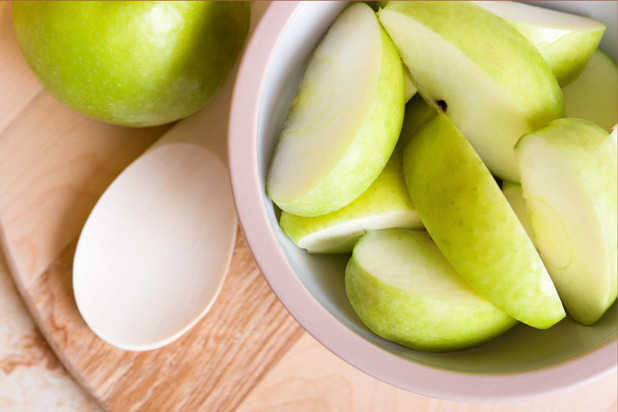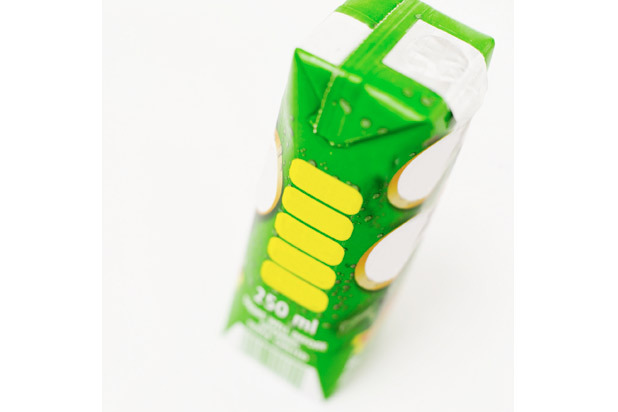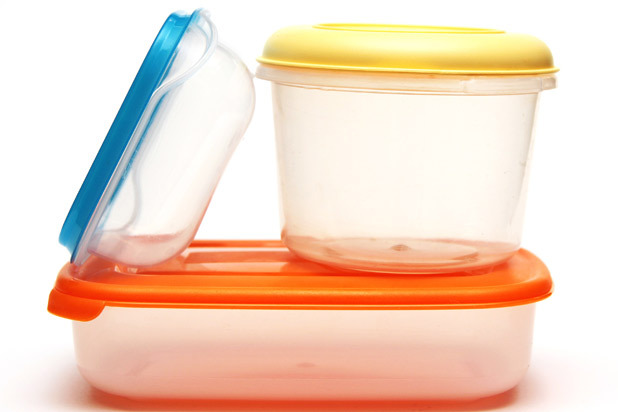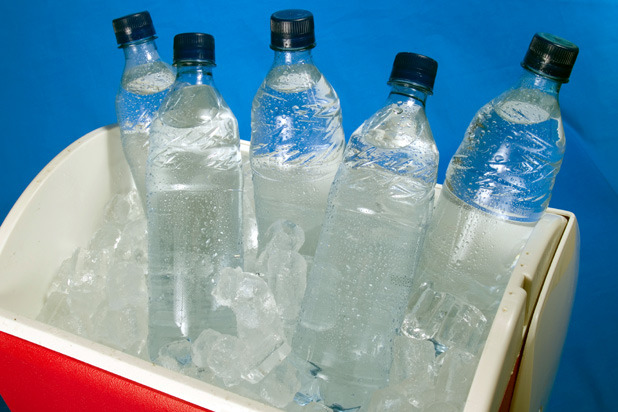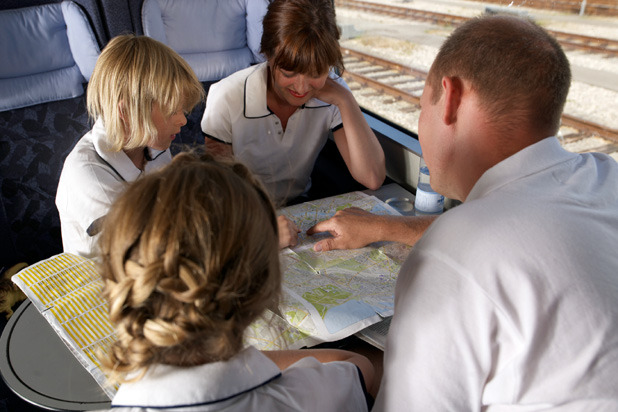Fueling Future Olympians Slideshow
Whether you are headed to the beach, the pools, or running errands, when driving with children in the car, always have snacks available. Children often get hungry with greater frequency than adults do. A contented child makes it far easier for the driver to maintain sanity and drive safely, while also reducing the number of unscheduled stops.
2. Plan Ahead
Apples, grapes, cucumbers, celery, bananas, or other health foods make the best choices, or a homemade trail mix of dried fruit and nuts is almost always a winner.
3. Pack Carefully
Messy foods almost invariably end up spilling onto children's clothing and the car upholstery, so avoid these or save them for times when the car is not moving. Drinks should be in containers designed to minimize spillage.
4. Snap It Up
Sealable bags and plastic containers with locking lids make car travel in the 21st century a joy, but remember to be redundant with napkins and extra cloths for accidental messes.
5. Keep It Cool
The sun, air conditioning, heat, and altitude make all forms of travel dehydrating. For this reason, salty, dry, starchy snacks really are a poor choice of travel foods, even if they are convenient. Be optimistic about access to refreshments on the road, but pack a cooler and bring extra water and/or other drinks anyway. Little children sometimes have to make frequent and unexpected potty breaks. Allow for such stops when planning the timing of your trip.
6. Set a Good Example
Children tend to eat whatever and whenever they see their parents eating. Set the healthy example by choosing adult foods wisely. Respect the fact that children feel most secure when they stick to their usual routines. Travel can be worrisome for a child, and can upset their tummies. Even going through time zones can present unexpected challenges. Cars can be like a pressure cooker, so adults must keep them cool. Pay extra attention to making your summer travel safe, enjoyable, educational, and child-friendly. Make sure that there is plenty for the child to do while in the car and encourage lots of family interaction.
7. Make a Plan
For longer trips or when visiting spots unfamiliar to you, use websites to find out if there are points of interest along the way, or any other stopping points that may fit in with your family's interests. Knowing what the food options are along the way helps the family keep on track.
8. Choose Wisely
There's nothing worse than being sick while on the road, except perhaps being "sick" in the car. Instill the rule that you always start every meal with the healthiest of intentions, focusing on fruits and vegetables as the best travel foods.
9. Have Sweet Dreams
More than half of all traffic accidents have been related to driver tiredness. Be sure to plan in sufficient rest stops. It is easy to pack too much into a trip, and travel always makes you tired. Allow for plenty of time to sleep and enjoy the trip.
10. Get Moving
Travel tends to be extremely sedentary. Kids need to move, often, and it is just as important that parents are active. Bring a ball, a Frisbee, and appropriate clothing so that you are sure to be active while on the road. Be willing to stop at roadside stands to taste locally grown fruits, nuts, corn, or other special treats.

